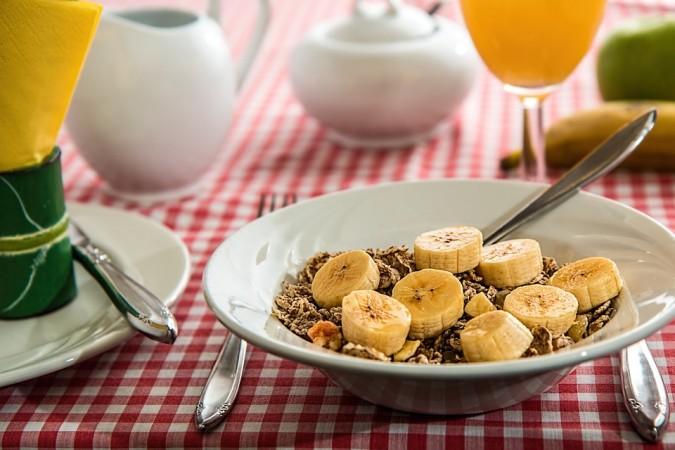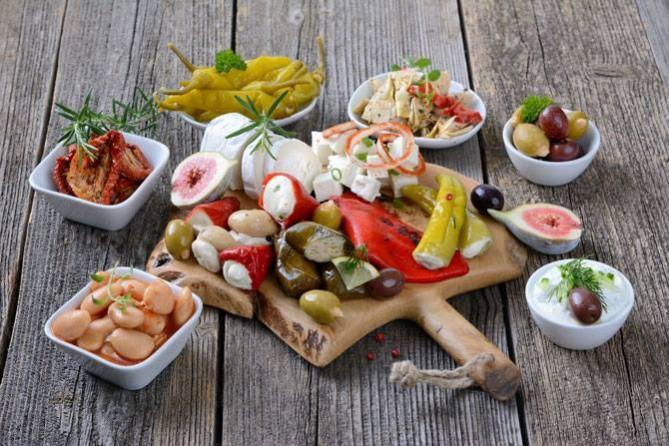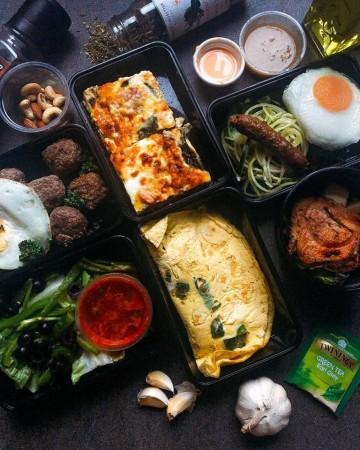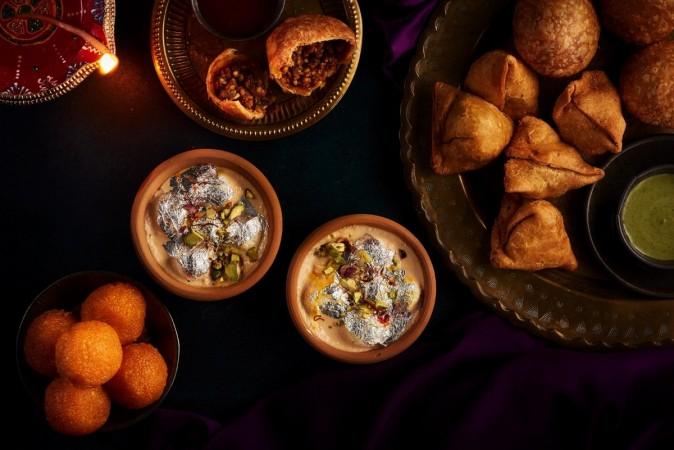Many of us are surfing the waves of Intermittent fasting which is much talked about diet pattern in modern nutrition. Intermittent fast involves an eating pattern, where the unrestricted eating practice is followed during a certain time of the day and is coupled along with a restricted window during a particular time of the day.
But did you know there are few similarities between intermittent fasting and fasting during Ramadan? Yes, many researchers have concluded that this pattern of eating has similarities with Ramadan. Let's read further to know-how.

Is Ramadan food pattern similar to intermittent fasting?
However, Ramadan and Intermittent fasting are similar in terms of restricted eating and drinking pattern. Having said that Ramadan fast also adds a spiritual and religious aspect which is also different from usual intermittent fasting because one follows the nocturnal eating pattern.
During Ramadan, there are changes in sleeping and activity patterns which also brings changes in our circadian rhythms of hormones including stress hormones like cortisol, insulin, leptin etc.
Fasting practices on a regular basis have many health benefits like weight loss, improved lipid profile, improvement in blood sugars (for type 2 diabetes), improved gut health, build immunity and most importantly assist in supporting mental health.

But the question exists – what is the best way to fast? If you are new to going on an Intermediate fast, it works wonders. So, let us look at how we can make our intermittent fast or Ramadan fast healthier.
Fasting during the times of coronavirus
This year, Ramadan is coinciding with Covid-19 pandemic hence keeping our immunity strong during this time of the year is extremely crucial. A well-designed hydration plan works wonders during Ramadan, as we have to take account of rising temperature as well. It's summers after all.
I suggest consuming sips of ginger water or turmeric water with a pinch of black pepper, use of vitamin c rich fruits and vegetables like lemon, lime, oranges, coriander leaves, mint leaves will be beneficial.
Sehri meal ideas

This must always be accompanied by some complex carbohydrates and proteins. A meal comprising carbohydrates and proteins and some hydration works brilliantly to kick start your day.
These meals will help you get through the fasted state as they are rich in complex carbohydrates which will provide fuel through the day, proteins and healthy fats from nuts will bring satiety and energy at the same time.
- Include, eggs with multigrain bread, date milkshake with pumpkin seeds, chia seeds and flaxseeds.
- Oats smoothies, oats or quinoa with milk, chia pudding, oats pancakes, overnight oats ( you just have to soak them in a jar overnight).
- For savouries you can try quinoa upma, amaranth porridge, scrambled paneer or eggs with multigrain bread or chapati's to name a few.
'Watch the portion plate': Iftaar meal ideas

- Break your fast with sips of water.
- If you are going through symptoms like mild headache or acidity have ginger water or fennel water.
- Other fluids like chia seeds water (sabja water), fresh coconut water, kokum sherbet, buttermilk, lassi, nanari juice, Assam, gulkand milk are some healthy fluid options.
- You can also accompany this with a bowl of fruit salad and dates.
- Eat fruits like watermelon, muskmelon, oranges, apples, kiwi for hydration.
The idea behind the Iftaar meal is to "watch the portion plate".
Cover 1⁄2 of your plate with grains like cooked rice or cooked quinoa, vermicelli, cooked millets and leave the other half of the plate with vegetables and proteins. Each plate should be prepared in just 1 teaspoon of fat per person.
- Prepare your meals with healthy proteins like chicken thighs or breast fillets, fish, lentils, eggs, paneer and a smaller portion of red meat, remember legs have most of the fat so avoid them.
- Some iftaar meal ideas are curries with rice and salads or grilled kebabs with rice and salad, grilled fish or chicken with vegetables, roast with vegetables, stir-fries and sautéed vegetables, quinoa or vegetable pulao with proteins.
Healthy desserts to try during Ramadan

Desserts are the most looked forward part of the day. So, let us look at some healthy options. Carrot or ghia burfi, makhana or fox nuts kheer, coconut laddoo, mung daal burfi, mung daal halwa, flaxseed laddoo are some healthy options.
Have your tried apple slices with date syrup, grilled pineapples, cottage cheese with a hone. Swap refined sugar with jaggery, coconut sugar, date syrups and date paste. Adding these sweeteners will add minerals like phosphorous to your diet which helps in ease cough.
We should not focus on restricting calories, instead, we should focus on the right kind of foods which can be sustained. Implementing some of the above ideas in your Ramadan menu will help you find even a better version of you during the fasting month.
Happy Ramadan.
Disclaimer: People who are on certain medications, young children, pregnant ladies should consult their health practitioners before following any eating regime.
(About the author: This is a guest article by Swati Bathwal, an accredited practising Dietitian Nutritionist and Public Health Dietitian, Certified Diabetes Educator, an Accredited Anthropometrist and a registered Yoga Teacher.)
Related
















